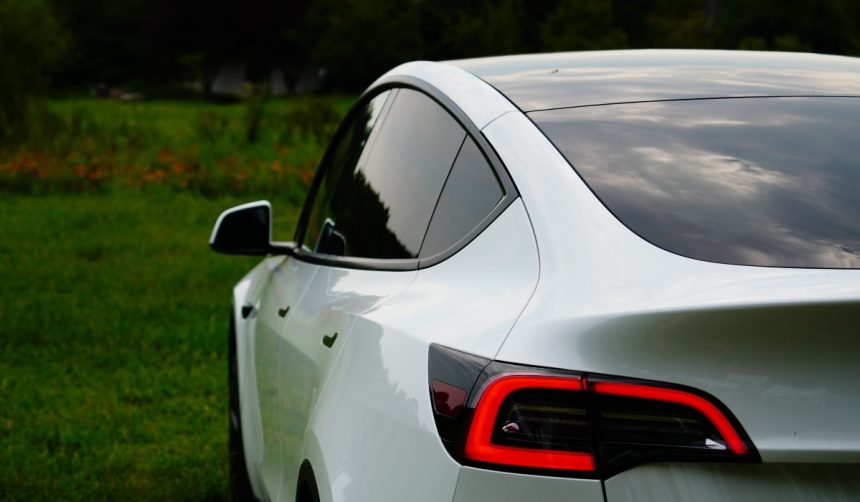European Tesla owners are eagerly anticipating the rollout of Tesla’s Full Self-Driving (FSD) system, which has already been deployed in the United States and China. The introduction of FSD in Europe represents a significant milestone for both Tesla and the continent’s electric vehicle market. As Tesla continues to dominate EV sales in Europe, the successful launch of FSD could further solidify its leading position. The integration of advanced driver assistance technologies is expected to enhance user experience and drive future innovations in the automotive industry.
In recent years, the regulatory landscape for autonomous driving in Europe has evolved, impacting how companies like Tesla approach their technological deployments. Unlike the relatively smoother approval process in China, Europe presents a more stringent set of regulations that companies must navigate. This has led to varying timelines for the introduction of self-driving features across different markets.
Why is Tesla’s Full Self-Driving Delayed in Europe?
Elon Musk stated that the delay is primarily due to awaiting regulatory approval from European authorities. This process ensures that the technology meets the continent’s safety and operational standards.
“We are waiting for regulatory approval,”
Musk emphasized on Twitter, highlighting the company’s commitment to compliance and safety.
How Does Europe’s Self-Driving Regulation Compare to Other Markets?
Europe’s regulatory framework for autonomous vehicles is more comprehensive compared to regions like China and the United States. This rigorous approval process aims to address safety concerns and integrate self-driving technologies seamlessly into European road systems. As a result, companies may experience longer wait times to gain the necessary licenses for operation.
What Impact Will FSD Have on Tesla’s Market Position in Europe?
The introduction of FSD in Europe could significantly enhance Tesla’s competitive edge in the EV market. Currently holding a 15.8 percent market share in 2024, Tesla leads over competitors like Volkswagen, BMW, and Volvo. The availability of advanced driver assistance features is likely to attract more consumers and reinforce Tesla’s dominance in the region.
Tesla’s potential launch of FSD in Europe aligns with its strategy to expand its technological offerings and maintain its market leadership. By securing regulatory approval, Tesla can offer one of the most comprehensive driver assistance systems available, catering to the growing demand for autonomous driving solutions. This move not only benefits Tesla but also contributes to the broader adoption of electric and self-driving vehicles in Europe.
The delay in FSD’s European launch underscores the complexities of navigating diverse regulatory environments. However, Tesla’s proactive engagement with European authorities demonstrates its dedication to meeting regional standards. As regulatory bodies continue to evaluate autonomous technologies, the forthcoming approval of FSD could mark a pivotal moment for Tesla and the European automotive sector.
Tesla’s pursuit of regulatory approval for FSD in Europe reflects a broader trend of increasing collaboration between automotive companies and governmental agencies. Ensuring that self-driving technologies comply with local laws and safety requirements is crucial for their successful integration into everyday driving. As Tesla works towards securing the necessary licenses, the anticipation among European consumers remains high, with many eager to experience the benefits of advanced driver assistance firsthand.
The rollout of Tesla’s Full Self-Driving in Europe is a critical development that could influence the future of autonomous transportation on the continent. By addressing regulatory challenges and leveraging its strong market presence, Tesla is well-positioned to introduce FSD and enhance its offerings to European drivers. The successful implementation of FSD would not only affirm Tesla’s technological prowess but also contribute to the advancement of autonomous driving standards in Europe.










